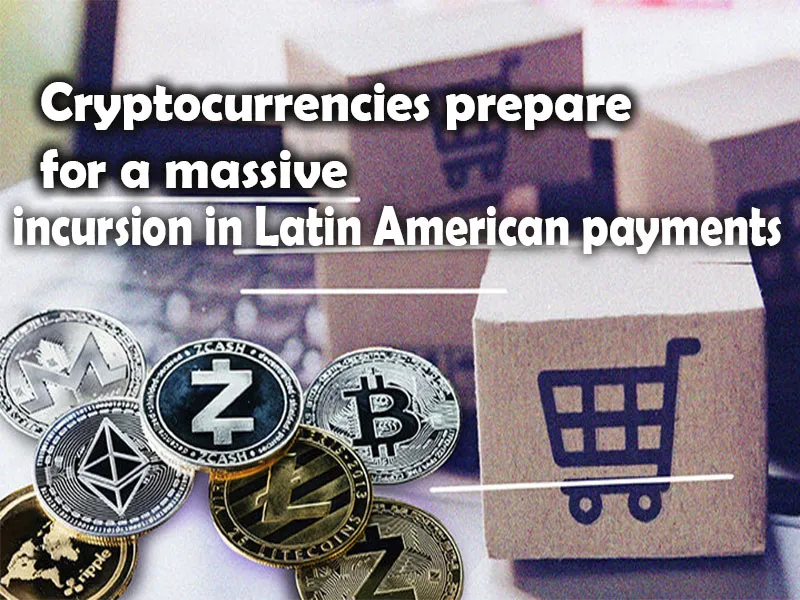
Cryptocurrencies are secure online payment systems that are referred to in terms of virtual "tokens" and are approaching a take-off point in Latin American payments, driven by their reduced costs. From global payment networks to central banks, multiple players are joining the trend of these alternative assets and with a global market equivalent to some US$ 1.7 trillion, cryptos have been used most frequently for payments and remittances.
Virtual currencies are fully decentralized and do not depend on government tax regulations, but the process of becoming an integrated means of payment will require the endorsement of regulators.
"In Latin America we have extremely relevant players in the blockchain and crypto spectrum that are asking for regulation. They are not against it," says Erick Padilla, director of operations at Dapp Payments, a Mexican payments integration platform.
When predicting a promising future in payment networks, the triumph of cryptocurrencies in this vertical will depend on the economic context of each country, particularly the stability of their currencies; in some countries, it is possible that Bitcoin, for example, will be used to make purchases; however, in others, it is possible that the cryptocurrency will remain as an investment method.
Trust: the key to the massification of Cryptocurrencies
These currencies have the same function as the money we use in our daily lives, since they are used to pay for products or services. However, two important factors for cryptocurrencies to become a regular means of purchase will be consumer protection and the stability of the currencies, especially digital currencies issued by central banks, also known as CBDCs (Central Bank Digital Currencies) and stable currencies, issued by the industry.
This is fundamental, since consumer and merchant confidence is a key factor in the incorporation of innovative payment methods, guaranteeing them [the consumer] protection and security: a defined value, guaranteed payment and also the security of their personal data, to protect them from possible theft or fraud. A process similar to what we experienced years ago with the first card payments".
Reduction of Commissions
In the last year, Latin America experienced up to three-digit growth in e-commerce, as well as an evident trend towards digital payments.
In this case, it would make sense that cryptocurrencies have a digital niche with assured adoption; however, experts agree that, in addition to e-commerce, physical establishments are also favorable spaces to promote their transaction.
ABRA's technology converts the cryptocurrency so that the merchant receives quetzales or dollars, explains Aw.
The app's representative in Central America highlights the payment advantages offered by crypto solutions, as they do not have high commissions for intermediaries, data protection for the user (and reduce fraud or fraud mitigation costs for the business), and transaction speed.
The payments industry follows the pulse of market needs and this is a principle that also applies to virtual currencies: once the regulatory challenges are overcome, their incorporation as a means of payment will depend on user acceptance and demand.
